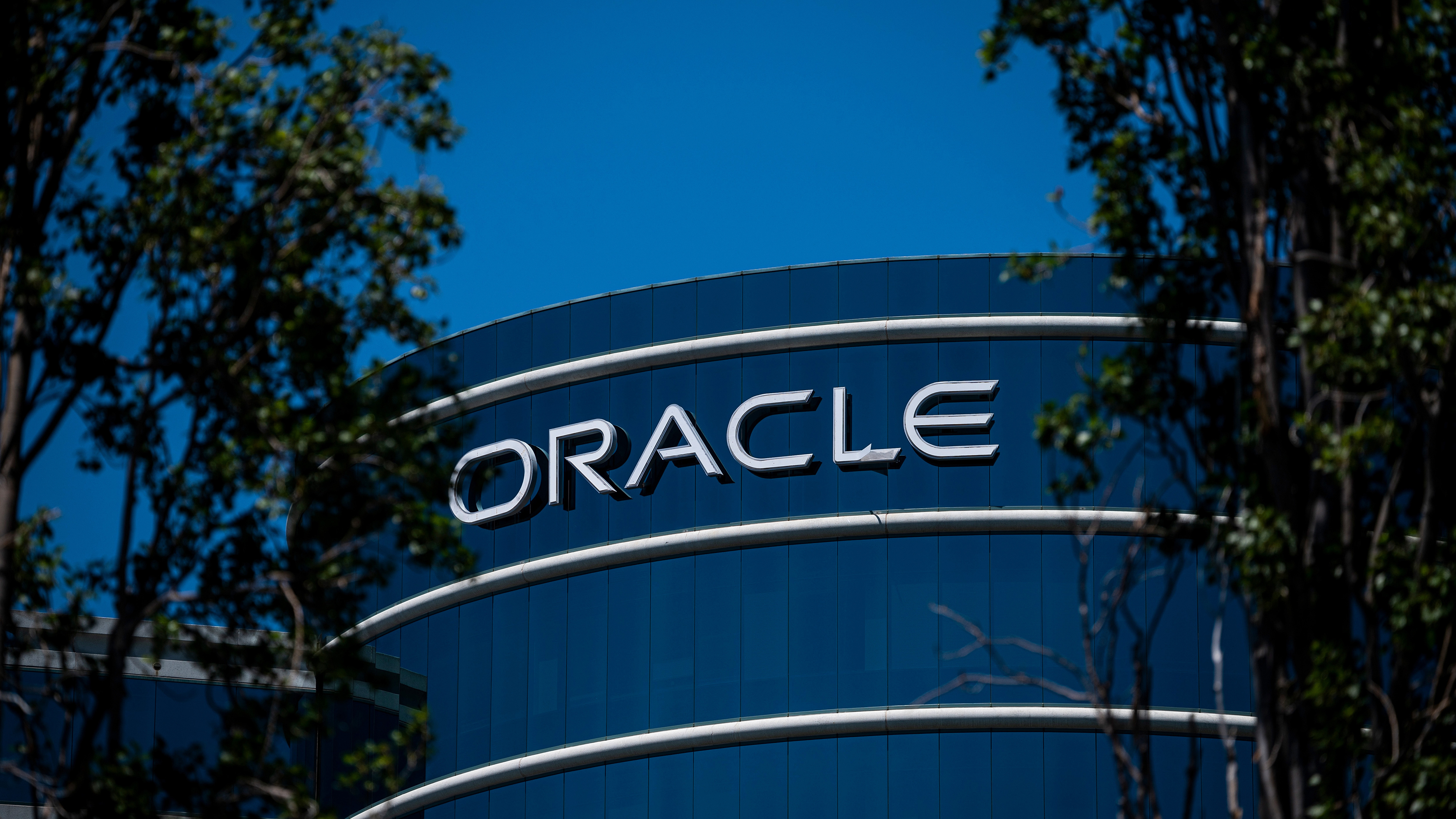Oracle can do for AI what it did for cloud – and CloudWorld 2024 is its chance to show that
If leveraged right, Oracle’s trusted cloud credentials could give it an edge in the constantly shifting tech landscape


At nearly half a century old, Oracle is the definition of an industry veteran. The firm has weathered decades of technological change, including the advent of cloud computing and the more recent explosion of generative AI.
It would be fair to say Oracle hasn’t always rushed to adopt new trends. The company was notably slow to join the cloud computing world, for example, finally doing so sometime after Microsoft, AWS, and Google, and as such has never been able to boast the same market share as the ‘big three.’
If slow and steady doesn’t always win the race, though, it can certainly keep pace – Oracle has maintained its relevance since 1977 and now, in 2024, its flagship event Oracle CloudWorld will be a chance to stay the course.
At the firm’s London stop on its Oracle CloudWorld tour earlier this year Doug Kehring, EVP of Oracle’s corporate operations coined the rallying cry of Oracle’s relevance.
Kehring defined Oracle’s mission as a straight-shooting commitment to practical and purposeful generative AI, ditching the hype around the technology to focus directly on how driving business value.
“We don't build gaming systems, we don't do consumer advertising, and we certainly don't write term papers for your kids,” he said at the time, instead underlining Oracle’s efforts to develop the “most extensive end-to-end set of technologies to help any organization within any industry automate their business”.
Oracle CloudWorld 2024 is the firm’s chance to double down on this mission and show its enterprise customers that, while it may not be debuting the flashiest AI tools, it’s certainly one of the most reliable for delivering cloud and AI capabilities.
Sign up today and you will receive a free copy of our Future Focus 2025 report - the leading guidance on AI, cybersecurity and other IT challenges as per 700+ senior executives
AI for the enterprise
On its CloudWorld tour, Oracle announced a whole suite of new AI features built into Oracle Fusion Cloud Applications Suite serving functions across finance, sales, marketing, HR, supply chain, and customer service.
With the enterprise as its point of focus, these tools were built to assist users in business-related tasks such as project proposal generation, strategy ideation, or content summarization.
A practical approach to AI has been part of Oracle’s game plan for some time, with Gartner analyst Chris Pang telling ITPro in 2023 that the firm is “radically practical” with its focus on autonomous databases.
Take the firm’s push on vector search, a method of deploying AI to search through large volumes of unstructured data that would otherwise be difficult to navigate.
Oracle released ‘Oracle Database 23ai’ earlier this year to address this need, by bringing AI algorithms directly into where unstructured data is located, rather than making enterprises shift datasets to use vector search.
Oracle’s trusted cloud
Another bow in Oracle’s quiver is the fundamental reliability of its cloud infrastructure. It may have been late to the cloud party, but it made up for lost time and now has a large portfolio of big-name customers in trust-essential industries.
The opening keynote of Oracle CloudWorld 2023, focused largely on customer success stories that spotlighted companies in high-risk sectors such as healthcare and banking.
This helped to emphasize Oracle’s trusted credentials for cloud services, expanded on by Oracle CEO Safra Catz in conversation with trusted executives such as Lori Goltermann, chief client officer and CEO of the Regions and Enterprise Clients Group at AON. Goltermann noted that AON, which specializes in risk mitigation for these high-risk sectors, is moving “fast, but thoughtfully” on AI and that Oracle was key to this.
The public sector also often looks to Oracle, such as London’s Lambeth Council which set out to cut costs and free up siloed data by using Oracle cloud solutions across HR, recruiting, and payroll.
RELATED WHITEPAPER

CloudWorld 2024 attendees can expect Oracle to lean heavily on the sense of trust they’ve fostered in the cloud, across the public-private spectrum. Oracle doesn’t want the largest volume of customers, but rather the set of customers that will most benefit from the firm’s enterprise-first solutions.
There’s also the ongoing conversation of sovereign cloud, which has seen companies and countries alike look to cloud providers for data processing capabilities in individual regions.
Oracle has been at the forefront of this conversation, having unveiled a sovereign cloud region for European customers in 2023 as part of a bid to “meet customers wherever they are in their cloud journey,” according to Oracle’s EMEA EVP for technology, Richard Smith.
More recently, Oracle CTO and chairman Larry Ellison claimed that most nations will also have their own sovereign clouds, with Oracle well placed to serve those sorts of needs through its Oracle Cloud Infrastructure (OCI).
“We have a number of countries where we’re negotiating … sovereign regions with the national government,” Ellison said.
Ellison’s CloudWorld keynote, titled ‘Oracle Vision and Strategy’, is his moment to expand on this and explain where Oracle can deliver on this trend.
If Oracle can lean on the sense of reliability it has carefully crafted over its decades as an industry leader, it can take AI in its own direction in the same way it did with the cloud. Just like its approach on cloud, this will require a strong vision and the blessing of critical customers to succeed – and CloudWorld is its moment to showcase both.

George Fitzmaurice is a former Staff Writer at ITPro and ChannelPro, with a particular interest in AI regulation, data legislation, and market development. After graduating from the University of Oxford with a degree in English Language and Literature, he undertook an internship at the New Statesman before starting at ITPro. Outside of the office, George is both an aspiring musician and an avid reader.
-
 Microsoft wants to replace C and C++ with Rust by 2030
Microsoft wants to replace C and C++ with Rust by 2030News Windows won’t be rewritten in Rust using AI, according to a senior Microsoft engineer, but the company still has bold plans for embracing the popular programming language
-
 Google drops $4.75bn on data center and energy firm Intersect
Google drops $4.75bn on data center and energy firm IntersectNews The investment marks the latest move from Google to boost its infrastructure sustainability credentials